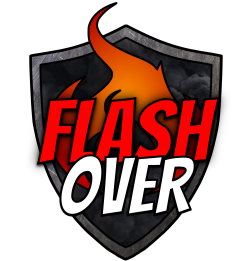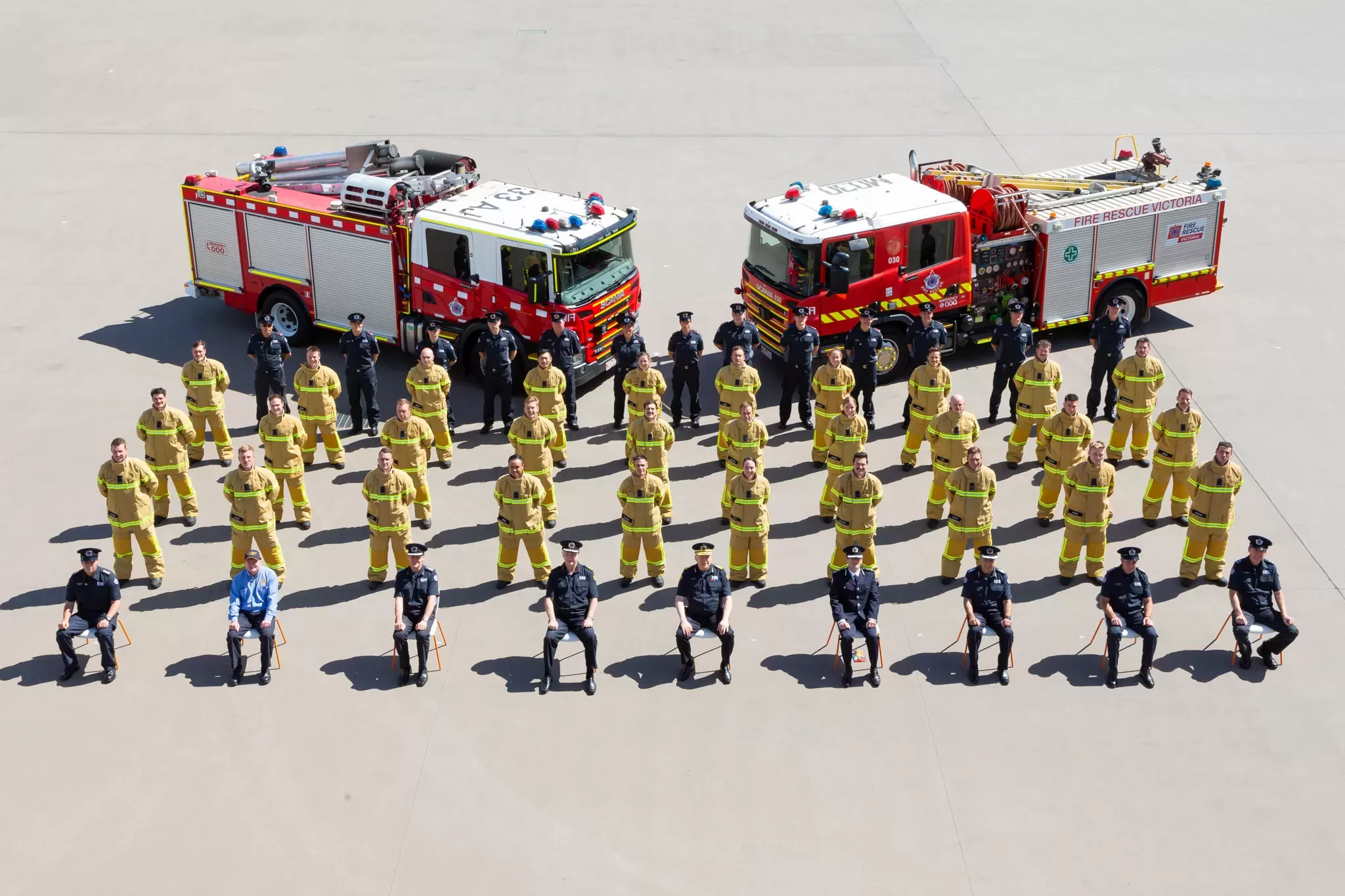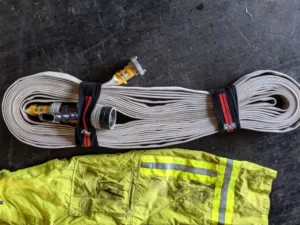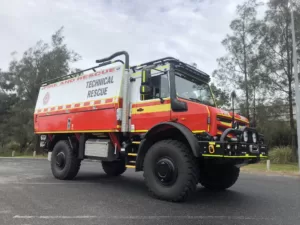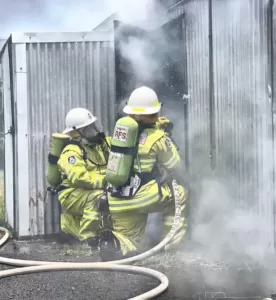Introduction
So, you’re thinkiing about becoming a paid firefighter in Victoria? In the state of Victoria, Fire Rescue Victoria (FRV) is at the forefront of firefighting services, bringing together a rich history of volunteer firefighting with a professional, career-oriented force. From the rigorous selection process and training to the unique challenges and rewards of the profession, we’ll walk you through the steps to follow your dream of becoming a paid firefighter in Victoria.
Overview of Firefighting Roles
In the dynamic landscape of firefighting services in Victoria, full-time firefighters represent the backbone of emergency response and community protection. With the establishment of Fire Rescue Victoria (FRV) on July 1, 2020, the state entered a new era of firefighting, combining the strengths of two formerly distinct entities, the Metropolitan Fire Brigade (MFB) and career firefighters from the Country Fire Authority (CFA). These firefighters are the frontline who are ready to respond to fires, hazardous materials incidents, rescues, and a multitude of other emergencies.
Table of Contents
Fire and Rescue Victoria
Full-time Paid Firefighters
Often called ‘Career’ staff, Permanent Paid Firefighters are paid a salary and stationed at a particular fire station. Full-time firefighters work rotating shifts and respond directly from the fire station to incidents.
Photo: Career firefighter ‘Bear’ from FRV. Photo: Uniform Photography
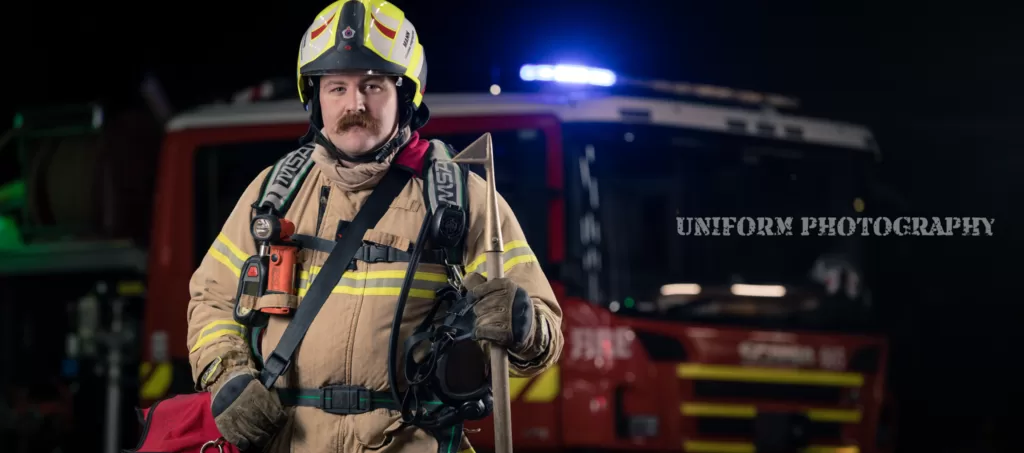
Education Requirement
While there are no specific educational prerequisites to become a firefighter with FRV, candidates must possess a valid driver’s licence held for at least two years (excluding learner’s permits). The organisation values diversity and welcomes applicants from various backgrounds, with no prior firefighting experience required.
However, literacy, numeracy, and mechanical reasoning are evaluated during the written selection test. FRV places a strong emphasis on selecting candidates based on their motivation, aptitude, and behaviours rather than specific educational qualifications. This approach ensures that individuals from all walks of life who are willing to learn and work hard have the opportunity to serve the as firefighters.
The Selection Process and Criteria
The selection process to become a firefighter with Fire Rescue Victoria (FRV) is a comprehensive journey designed to identify candidates with the motivation, aptitude, and behaviours necessary to serve the community effectively. It begins with eligibility checks, including age and driver’s licence requirements.
The recruitment process spans several stages, including a written selection test, group assessment, shuttle run, selection interview, psychological questionnaire, and pre-employment medical examination. Candidates are ranked based on their performance in these assessments, with the highest-ranking individuals progressing to the next stage. Successful candidates receive formal offers of employment, and upon acceptance, they undergo a 20-week recruit training course at the FRV Training Academy.
Medical and Physical Testing
Aspiring firefighters with Fire Rescue Victoria (FRV) must meet specific health and fitness requirements to ensure their readiness for the role. This includes being fully vaccinated with a booster against COVID-19. Additionally, candidates are mandated to obtain a medical clearance from their healthcare provider prior to participating in the physical assessment components, ensuring that they are physically fit for the demanding tasks ahead.
A paramount requirement is a high level of cardiovascular fitness, evaluated through the shuttle run test, as firefighting often demands prolonged physical exertion. Lastly, a Heavy Rigid licence, a necessity for driving emergency response vehicles, is a prerequisite that candidates fulfil after successfully securing an offer of employment.
Types of Shifts and Pay
Firefighters at Fire Rescue Victoria (FRV) work to a ’10/14′ shift system. This arrangement encompasses two day shifts from 8 am to 6 pm, followed by two night shifts spanning from 6 pm to 8 am, and then four consecutive days off over an eight-day cycle.
In terms of remuneration, firefighters’ salaries progress as they advance in their career stages. Recruit firefighters, during their 20-week training course, receive a weekly salary of $1,113.60. Upon completion of the course, they become Firefighter Level 1, earning $1,552.63 per week. Subsequent career stages, including Firefighter Level 2, Level 3, and Qualified Firefighter, come with increasing salaries of $1,581.36, $1,613.62, and $1,738.86 per week, respectively.
Annual leave comprises nine weeks of rostered leave per year, allocated in two blocks based on the individual’s shift and location. Despite the rigorous schedule, firefighters work throughout the year, even on public holidays.
Training Duration and Location
Recruits who accept an offer of employment will undergo a 20-week recruit training course at the FRV Training Academy in Craigieburn. The course includes practical and theoretical components and requires written assignments, homework, and tests. Accommodation may be provided for eligible recruits during their training.
Successful completion of all course components is mandatory to become a certified firefighter.
More information on Fire Rescue Victoria’s recruitment can be found here.
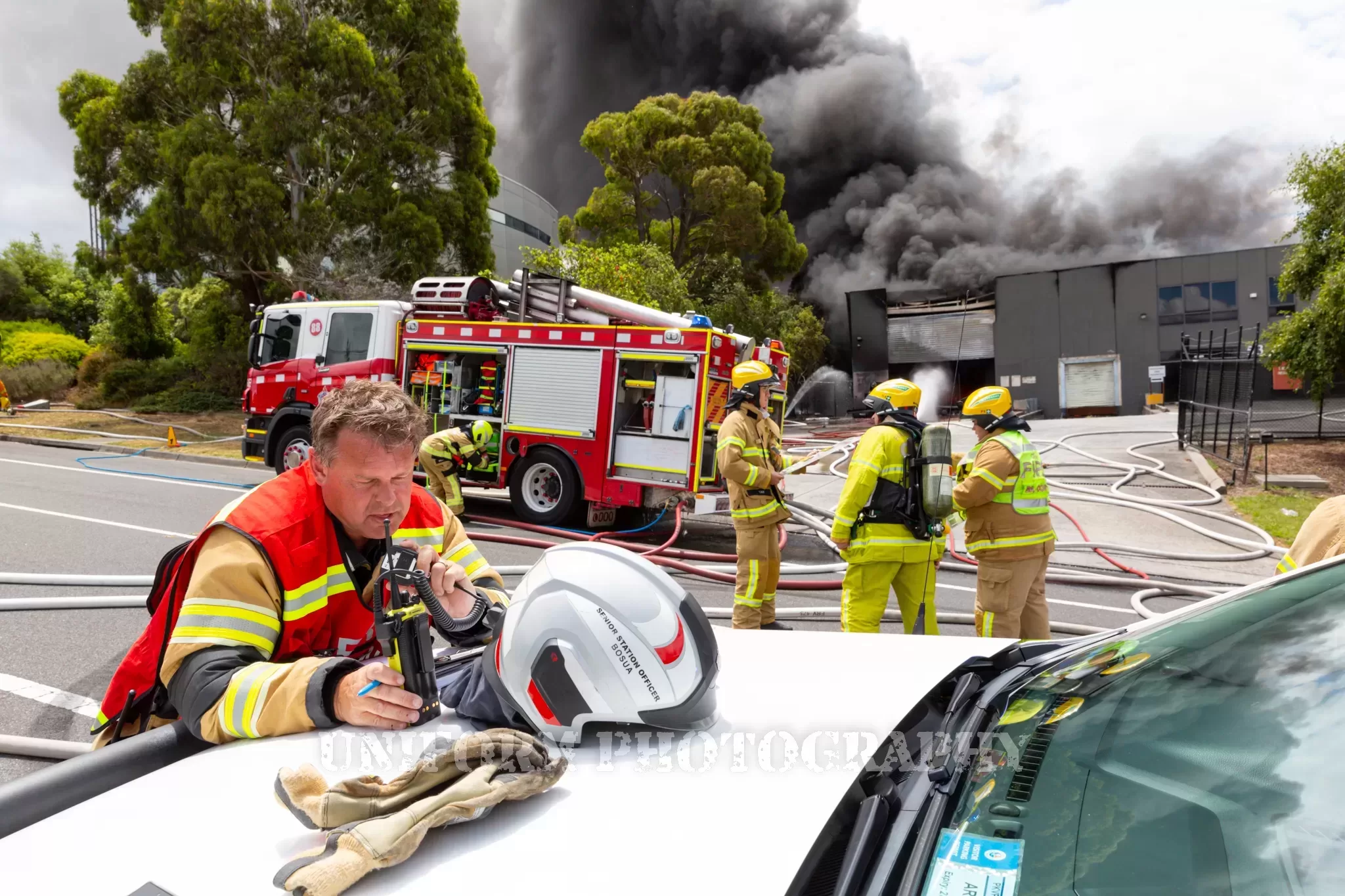
Firefighters from FRV at work
Frequently Asked Questions
Do firefighters get paid well in Australia?
The exact salary can vary depending on factors such as experience, location, and rank within the firefighting organisation. However, firefighters in Australia typically earn a competitive salary that reflects the importance and risks associated with their job.
How much do full-time paid firefighters get paid in NSW?
The salary for firefighters in Fire Rescue Victoria (FRV) varies based on their experience and level within the organisation.
Recruit Firefighter (during the 20-week training course): $1,113.60 per week.
Firefighter Level 1 (on completion of the recruit course): $1,552.63 per week.
Firefighter Level 2 (on completion of 12 months of service and all required modules): $1,581.36 per week.
Firefighter Level 3 (on completion of 24 months of service and all required modules): $1,613.62 per week.
Qualified Firefighter (on completion of 36 months of service and a certificate of proficiency): $1,738.86 per week.
